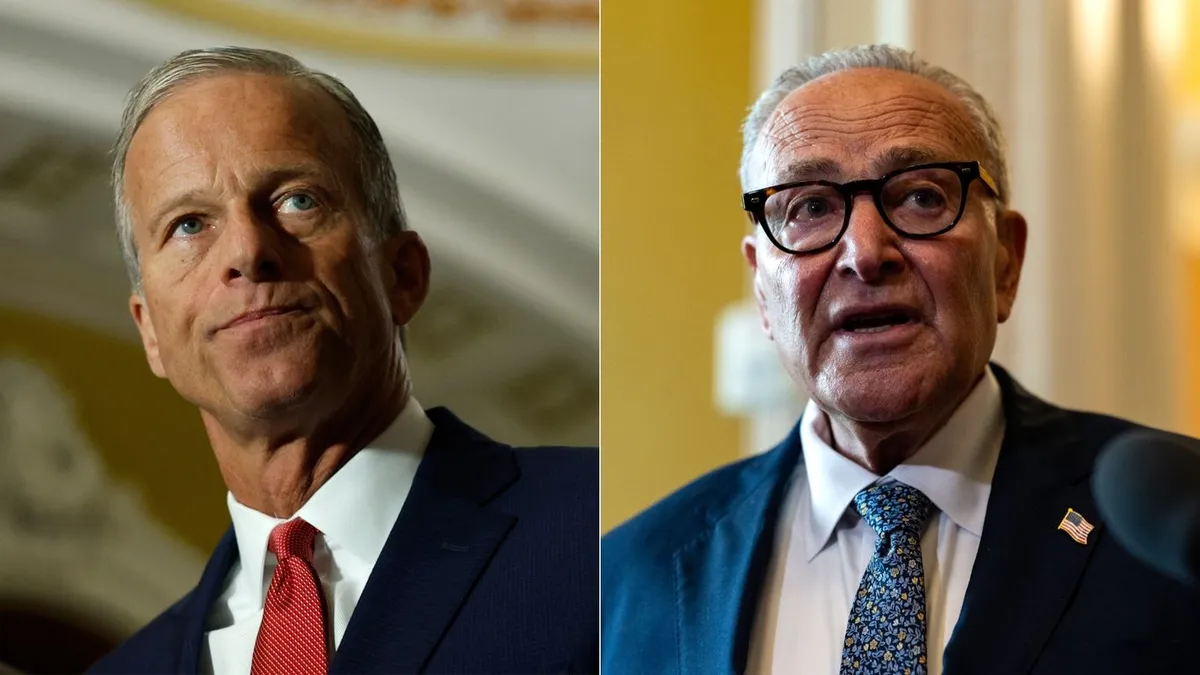
On Friday, the Senate faced a significant setback as it failed to pass two crucial stop-gap spending bills. One of these bills was previously approved by the House, while the other was an alternative proposed by Senate Democrats. This failure highlights the urgent need for Congress to act, as the federal government is on the brink of a shutdown scheduled for October 1 if a funding bill is not passed in time.
The vote on the Democratic plan concluded with a 47-45 outcome, falling strictly along party lines. Meanwhile, a procedural vote concerning the GOP plan also failed, with a tally of 44-48. For both measures, at least sixty votes were necessary for passage, indicating a significant divide in the Senate.
The Democratic bill encompassed important health care initiatives, including an extension of Affordable Care Act subsidies. Additionally, it included provisions aimed at preventing former President Trump from clawing back funds that had already been appropriated. These health care priorities reflect the Democrats' commitment to addressing the needs of constituents as negotiations continue.
Following the Democratic proposal, the Senate proceeded to vote on the GOP's continuing resolution (CR), which had earlier passed the House with the support of one Democratic vote. Notably, Senator John Fetterman (D-Penn.) sided with the GOP by voting in favor of the House bill, while Senators Rand Paul (R-Ky.) and Lisa Murkowski (R-Alaska) opposed it. This cross-party voting underscores the complexities and varying positions within the Senate concerning funding legislation.
As the clock ticks down to the shutdown deadline, the Senate is anticipated to revisit the House-passed continuing resolution in the final days. However, with a scheduled recess next week, the timeline for negotiations becomes increasingly critical. It remains uncertain whether the failed vote on the Democratic funding plan will generate the necessary support from eight Democratic senators to pass the bill and avert a government shutdown.
Democrats are pushing for more discussions with Republicans regarding any funding agreement, particularly to address pressing health care concerns. In contrast, Senator Paul, known for his staunch fiscal conservatism, is likely to oppose any continuing resolution, setting the stage for continued political battles ahead.
The GOP's proposed bill aims to maintain current funding levels through November 20. It allocates $88 million for enhanced security across all three branches of government, a measure that follows the tragic murder of Charlie Kirk. Furthermore, it includes a significant $1 billion adjustment to D.C.'s budget linked to an earlier funding measure from this year.
As the situation develops, it is essential for Congress to reconcile its differences and prioritize effective governance to avoid a potential shutdown that would impact countless Americans.
Editor’s note: This article has been updated to include additional reporting on the current state of negotiations and potential implications for government funding.